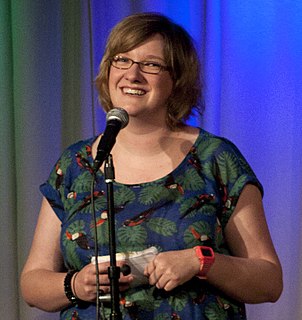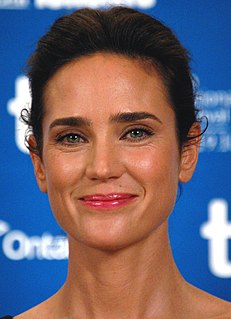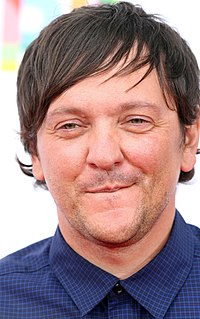A Quote by Daniel Levitin
I became a cognitive psychologist because I met a bunch of teachers I really liked.
Related Quotes
I'd met so many enlightened spiritual teachers that it became a challenge to select one. I believed in the oneness of spirituality - unconditional love for God, and unconditional compassion for the beings of this world - but I also understood that unless I chose a particular path, I couldn't focus and take blessings from teachers that would allow me to have deep realizations and spiritual experiences.
I nodded. I liked Augustus Waters. I really, really, really liked him. I liked the way his story ended with someone else. I liked his voice. I liked that he took existentially fraught free throws. I liked that he was a tenured professor in the Department of Slightly Crooked Smiles with a dual appointment in the Department of Having a Voice That Made My Skin Feel More Like Skin. And I liked that he had two names. I’ve always liked people with two names, because you get to make up your mind what you call them: Gus or Augustus? Me, I was always just Hazel, univalent Hazel.
In refugee camps around the world, I met people who were gone. They were still walking around but had lost so much that they were unable to claim any sort of identity. Others I met found who they truly were, and they generally found it through service to others. They became teachers when there was no school, books or pencils.
If you have a lawyer, sometimes you can get out of trouble. I've gotten into a lot of trouble because I didn't have a lawyer. I've also had some bad lawyers, too. But the good ones, the ones I liked, they became me. They became whatever situation I was involved in. When I felt pain, so did they. When I succeeded, so did they. They became me. They became whatever the situation was that they became involved with.
Once I got into high school, any time I had to do a talk or a speech, I just loved being up in front of an audience, it was always a character. And then I discovered that an impersonation of the teacher was a really, really good way to get a laugh, and it would also get you good marks, because the teachers were always bored and loved to be the "teacher-parody." So that became my little trick at school, and I became known for doing that.
What I argue is that talk of knowledge plays an important role in theories within cognitive ethology. The idea is this. First, one sees cognitive ethologists arguing that we need to attribute propositional attitudes to some animals in order to explain the sophistication of their cognitive achievements.



































